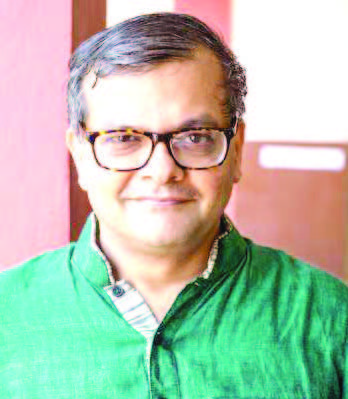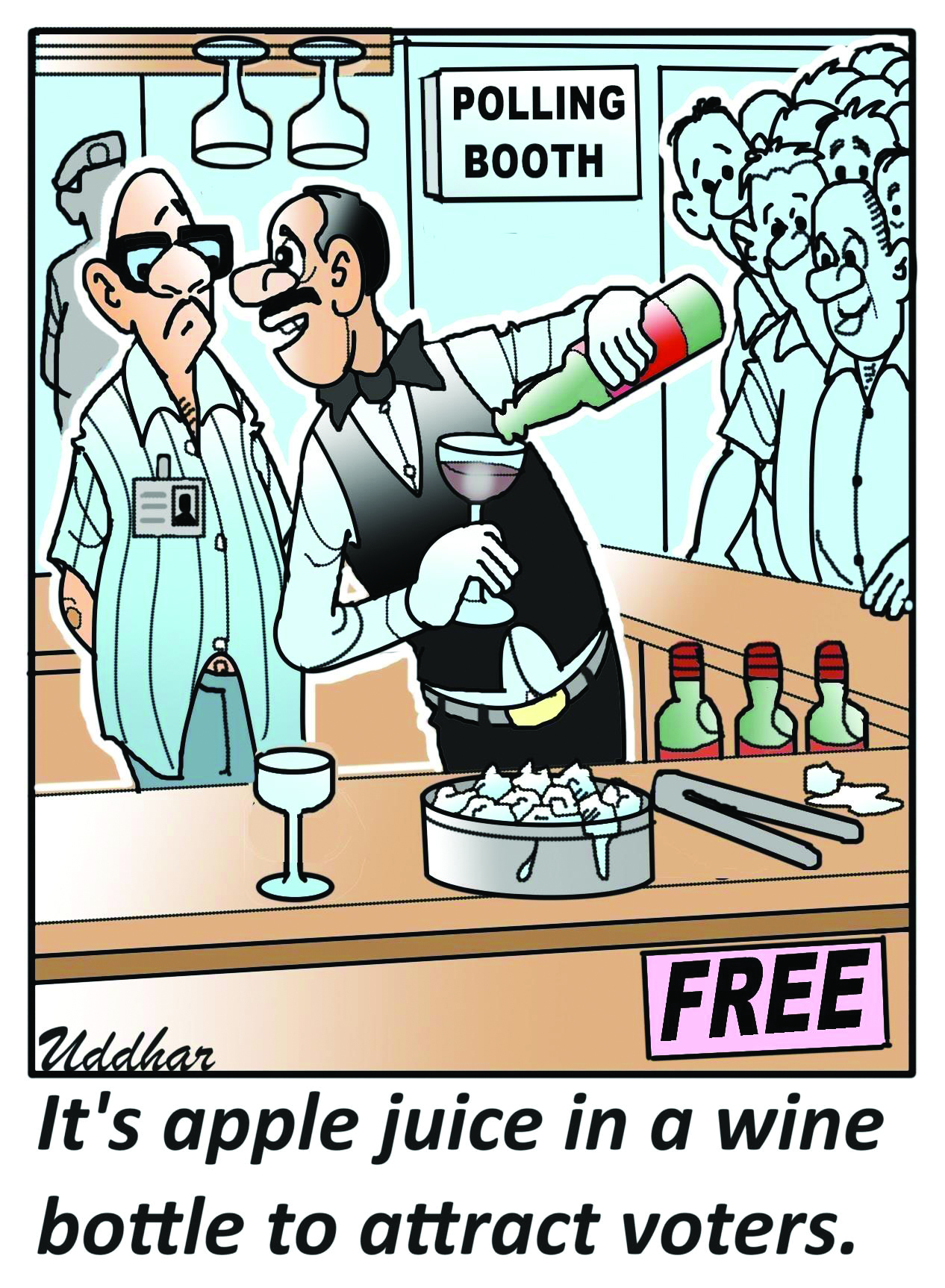
Luis Dias
My son’s school took its 8th and 9th standard students earlier this month to see ‘12th Fail’, the 2023 Hindi-language biographical drama film directed, produced and written by Vidhu Vinod Chopra, based on the 2019 eponymous non-fiction book by Anurag Pathak about Manoj Kumar Sharma, who overcame extreme poverty to become an Indian Police Service (IPS) officer.
I totally get why school students should see it. It is an inspirational rags-to-riches story, with so many life lessons: Dare to dream big. Honesty is the best policy. Never ever give up. Try, try again until you succeed (or to borrow the film’s catchphrase: ‘Restart’).
I had heard a lot about ‘12th Fail’ but hadn’t yet seen it. Now that my son had gone to see it and liked it, I decided to see it too. (If you haven’t seen the film and wish to, stop reading here, as there are spoilers ahead).
I did come away impressed. But there was a disclaimer at the very beginning, that although the film was “inspired” by true events, “it is not a documentary/biography of any character depicted in the film. No scene should be construed to represent a true or accurate recreation of the actual events that transpired. The story and the relationship between the characters depicted in the film have been fictionalized. Any resemblance or similarity to any actual events, entities or persons, whether living or dead, is entirely coincidental.”
So: what in the film is “an accurate recreation”, and what is a “fictionalized” account? I found an English translation of the book on which the film is based, and read through it. Maybe it reads better in Hindi, but the English translation is rather clumsy. However, there are so many scenes in the film that one assumes were “actual events that transpired” (for instance the theft of Manoj’s bag with his grandmother’s life savings on the bus to Gwalior) that are absent in the book.
I realise of course that any ‘biographical’ film has to truncate a lot, but there is a dizzying and frankly rather depressing timeline of “attempts” of the three-step (prelims, mains, interview) sequence of the UPSC (Union Public Service Commission) qualifying exam of not just the main protagonist but his friend circle, with so many “failures” along the way, compressed into a short span. And there are the various state-level exams as well, to further thicken the plot.
As one fellow aspirant ‘Gauri bhaiya’ (who is also not in the book) explains, the odds are rather sobering in what he calls a game of ‘snakes and ladders.’ “Out of 200,000 Hindi-medium applicants for the UPSC, only 25-30 become IAS (Indian Administrative Service) or IPS officers. The remaining 199,970 go back to zero. Restart.”
‘Guari bhaiya’ seems an invented composite character just for the film (part of the ‘artistic license’), but was it really necessary to have this very character come from a ‘backward caste’, who then explains that he is allowed six attempts (rather than the four in the ‘general’ category), and have him then fail even that last attempt? Caste is strangely absent in the book, a glaring omission in caste-discriminating India.
And then, wonder of wonders, the ever-selfless ‘Gauri bhaiya’ instead of returning home, opens a tea-stall named ‘Restart’, a ‘free UPSC guidance centre’ (again not in the book).
All the motivational rhetoric is of course necessary for young minds to hear and internalize, but what comes across in book and film and is painfully obvious in real life is the yawning chasm between rich and poor. It is no coincidence that the rich kids are fluent in English and able to afford expensive coaching classes for these entrance exams (which are conducted in English), while those from poorer, rural India, educated in vernacular-medium schools have to compete with their affluent peers at these incredibly tough exams with this added handicap of language (which comes across poignantly when Manoj misreads ‘Tourism’ as ‘Terrorism’). To me ‘12th
Fail’ is not just “the gripping narrative of a man who put his heart and soul into making the impossible possible” (as one publicity blurb puts it) but it is also a deafening indictment of our woefully skewed education system that offers English-medium instruction to a privileged few in urban India to the neglect of the remaining majority of our children and youth in suburban and rural India. Surely the abysmal annual UPSC exam pass percentage (0.015% according to the film) could be far higher if English-medium instruction was more uniformly distributed?
Another issue I found disturbing is the subtle emotional blackmail, the family pressure “of only returning wearing a police uniform” i.e. having passed the IPS exam. Pressure like that can be a double-edged sword. I knew a young Indian doctor in my UK years who repeatedly failed the PLAB (Professional and Linguistic Assessments Board), the qualifying exam to start working there as a doctor, incurring huge financial losses and borrowing money from friends and family, but felt he “couldn’t return home without getting a British postgraduate degree.” Eventually after many years it got too much for him and he did return, but the stress he endured was so unnecessary, from the real or imagined psychological pressure: “I can’t face my family and society unless I’m successful.”
There’s also the undiscussed issue of the girl-child’s education opportunities in the film. Manoj’s sister Rajni has to be content studying in the village and doing household chores. The only female students in Manoj’s friends circle are from well-to-do backgrounds. Maybe I’m nit-picking here, but it’s a thought.
What does one make of the media hype over lead actor Vikrant Massey getting a ‘tan look’ for the film? Would a lighter skin tone in hue-obsessed India make his role less believable? We can guess why. Poor India, literally, isn’t ‘fair.’
Around the same time, another article discussed school drop-outs and ‘12th fails’ in celebrity Bollywood dynastic scions. What a stark contrast between the two Indias!
(Dr Luis Dias is a physician, musician, writer and founder of Child’s Play India Foundation. He blogs at luisdias.wordpress.com)
